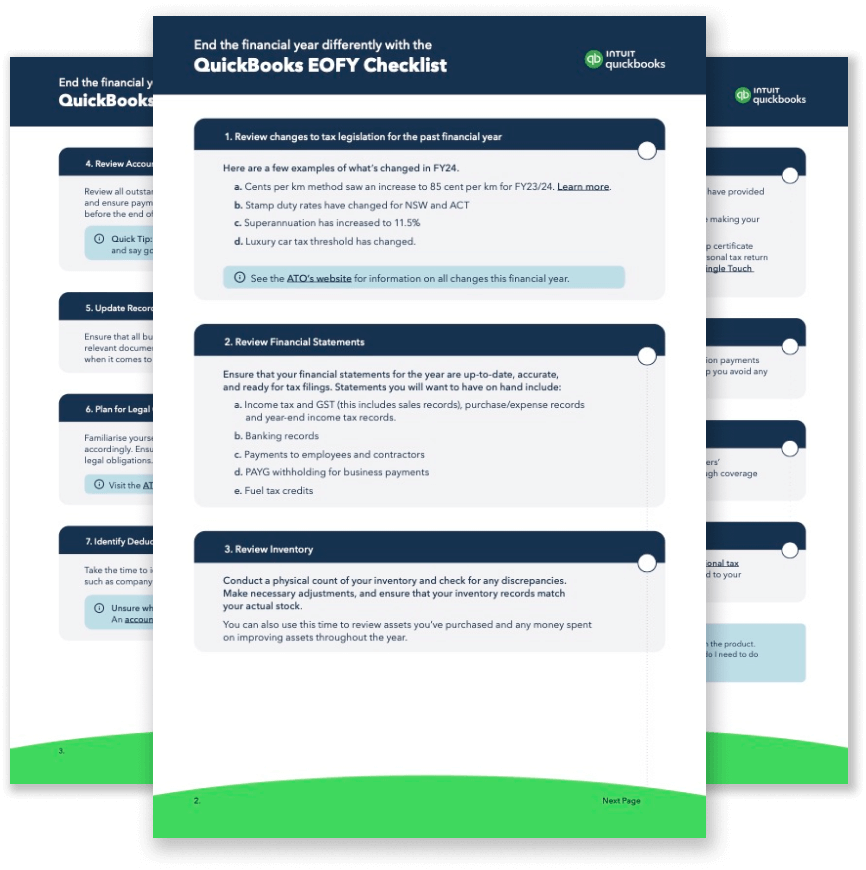What is a Fiscal Year?
Fiscal Year Definition
A fiscal year is a 12-month period that a company or government uses for accounting and financial reporting purposes. The start and end dates of a fiscal year can vary depending on the organisation and its accounting policies.
Most organisations use the calendar year, which runs from January 1 to December 31, as their fiscal year. However, some companies and governments may use a different period, such as July 1 to June 30 or October 1 to September 30.
The fiscal year is important because it is used for financial reporting and budgeting purposes. It enables organisations to track their financial performance over a specific period of time and to make decisions based on that information.
There are several reasons why an organisation may choose to have a fiscal year that does not align with the calendar year. For example:
- Seasonal businesses may choose a fiscal year that aligns with their busiest season. For example, a company that sells holiday decorations may have a fiscal year that runs from November 1 to October 31, to capture the bulk of its annual sales.
- Governments may use a fiscal year that aligns with the budgetary cycle. For example, the US federal government's fiscal year runs from October 1 to September 30, to align with the budget cycle of the legislative branch.
- International companies may use a fiscal year that aligns with the reporting requirements of multiple countries. For example, a multinational corporation may use a fiscal year that aligns with the calendar year in one country and with a different period in another country.
Here are some additional points to consider about fiscal year:
- Companies that operate in countries with seasonal fluctuations may choose a fiscal year to capture their revenue patterns during peak or off-seasons. For example, retailers may align their fiscal year-end with major shopping events, such as the holiday season or back-to-school season, as this period generates significant revenue.
- A company's fiscal year determines when it pays taxes, files tax returns, and reports its financial results to shareholders. Therefore, the choice of fiscal year may impact the timing of payments and financial reporting requirements.
- Companies with subsidiaries or branches in other countries may need to consider the fiscal year of those countries. This enables them to consolidate the subsidiaries' financial information in one report.
- A company's fiscal year-end can impact how it reports its financial data. For instance, companies with a fiscal year that ends in the middle of the week may have limited time to prepare their financial statements, while those that end on a weekend may have more time to do so.
- The change in a company's fiscal year-end may have implications for its stakeholders, such as shareholders, banks, or credit rating agencies. Therefore, companies that want to change their fiscal year-end must communicate with their stakeholders to minimize confusion and ensure a smooth transition.
- A company that has a fiscal year-end that is different from the standard calendar year must pay special attention to the year-end financial statements. This includes adjusting for any seasonal or cyclical patterns that may affect revenue and expenses.
Regardless of the dates chosen for the fiscal year, organisations must ensure that their financial reporting and accounting comply with any relevant laws, regulations, and accounting standards. Financial statements must accurately represent the financial performance and position of the organisation over the fiscal year.






